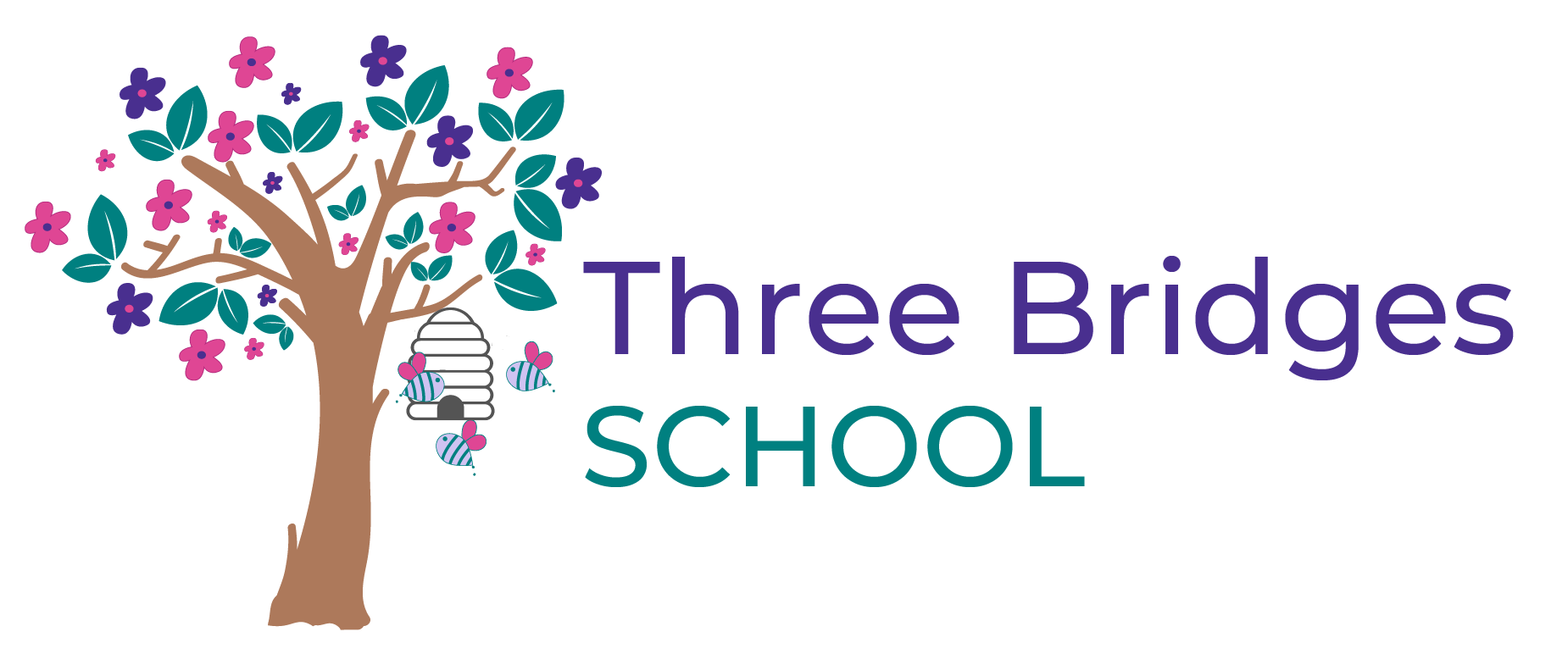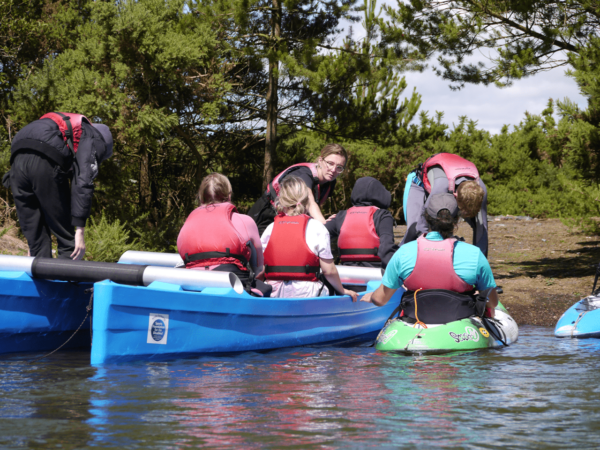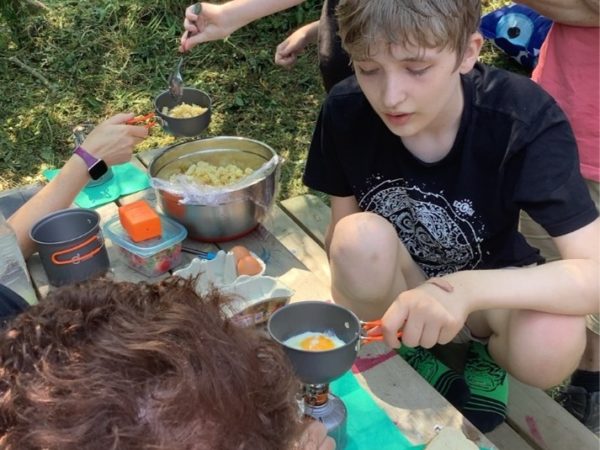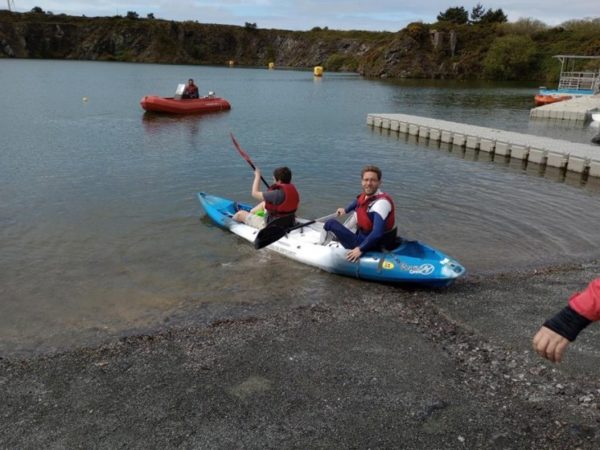Applying for a Place at our School
To join our school, your child must have an Education, Health and Care Plan (EHCP) in place. Learners who are identified as having additional needs but do not yet have an EHCP, will need to undergo the Education, Health and Care Assessment Request (ECHAR) process. If capacity allows, Three Bridges may support local authorities, families, and learners in gaining an EHCP by offering a short-term placement whilst all assessments are completed. If, following assessment, a learner is given an EHCP, admission will be considered to Three Bridges in line with our Admissions Policy.
We have a formal admissions procedure which is outlined in our Admissions Policy and which ensures we are able to meet a learner’s needs.
Our school works with learners aged between 11 and 19 who have special educational needs mainly within the areas of Social and Emotional and Mental Health (SEMH) and communication difficulties However, we can also support learners with a wide range of needs falling within the broad categories of Communication and Interaction, Cognition and Learning, Physical and Sensory and SEMH.
Learners can join our school at any time during the school year and will follow a personalised curriculum package to meet their individual needs.
Our caring and committed staff team will spend time getting to know you and your child during a carefully planned transition, to ensure they feel safe, settled, secure, and ready to learn.
Book a personalised tour of our school using our Book a Visit button. Or, alternatively, contact your current provision or Local Authority SEND Co-ordinator for more information about joining our unique and special school.
Learner Case Studies
We love to celebrate our learners’ successes and achievements! We are proud to share with you some of the stories of how the school and our incredible team have supported learners to fulfil their potential.
Learner B
B has a diagnosis of Autism Spectrum Disorder (ASD). He has difficulties with coordination, attention and concentration. B experiences sensory sensitivity including loud noises, crowded spaces and smells. He left a mainstream school due to being bullied. As a result, B was unable to take part in social situations and activities due to lack of confidence and self-esteem. He fell behind in his learning and missed out on much of his education.
When B joined Three Bridges he struggled to engage with staff and his peers. He could not complete his work as it would make him feel overwhelmed. B would isolate himself, disengage, avoid attending school and would even destruct property.
We helped B to feel safe by modifying his activities and schedule around him. This included his own space, a personalised timetable, regular feedback and positive confirmation, processing time.
B began to attend school regularly, learn in small groups and engage with both staff and learners; he started to make friends. His timetable became more structed and B engaged in his learning and started to enjoy learning, including Maths, English, Science, ICT, workshop and outdoor learning.
B transitioned from Three Bridges Education to a local college. He left with Functions Skills levels 1 & 2 in Maths and English and ASDAN qualifications, and a Duke of Edinburgh Award. He left confident, ready to learn new things and to make new friends.
Learner C
Prior to attending Three Bridges Education C attended a mainstream junior school, and later alternative provision. C has a diagnosis of Dyslexia, ADHD and Autism.
C was out of education for a number of months before attending Three Bridges due to the previous setting not being able to meet his needs, which included challenging behaviours.
The educational team at Three Bridges provided C with a bespoke curriculum and behaviour plan, working closely with C and listening to what C needed to feel safe.
We created a nurturing learning environment and reviewed his needs regularly. C began to engage positively with those around him and gradually started to engage in his learning, later enjoying the extracurricular activities available to him such as paddle-boarding, swimming, kayaking, sport and fitness.
C’s mental health improved, and this had a positive impact on family life.
C engages in group learning and is very much part of the school community.
Testimonials
“Three Bridges is not a school it is a family. The students are at the centre and their well-being is paramount. Young people can thrive. There is simply no other place like it.”
“I would just like to say ‘wow’ what a school! Idyllic setting, kind and understanding staff who support all the family. For a young person who had not managed to attend school for over three years and now gets up happy and is waiting to go, I just want to say well done and thank you.”
“After years and years of changing schools, daily meetings, regular meltdowns and constant anxiety, it was so refreshing when we got a place at Three Bridges. Three years later and it’s like we have a different son.”
“Our daughter began her placement at Three Bridges last September. The support she has received has been incredible. The staff have devoted so much time and energy into settling her in, after a traumatic time in her previous mainstream setting.”
“The whole team go above and beyond.”




